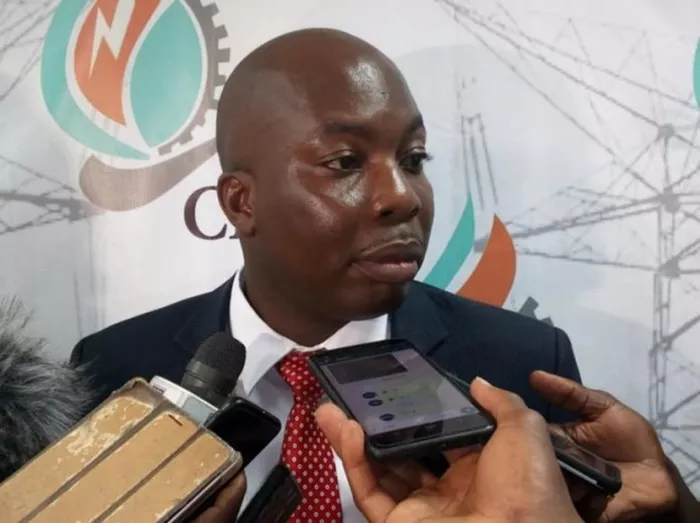In recent developments, Ghana’s finance minister has championed debt restructuring as the key solution to the nation’s power sector’s financial woes. However, this approach is both misplaced and inadequate, failing to grasp the complexities of the systemic issues plaguing the sector. The reliance on debt restructuring, which includes renegotiating terms and deferring payments, overlooks the fundamental problems and offers little promise for long-term stability.
The Fallacy of Debt Restructuring
Debt restructuring involves extending repayment periods, reducing interest rates, and negotiating haircuts on existing arrears. While this might provide temporary relief, it does not address the root causes of Ghana’s power sector crisis. The current focus on restructuring is a superficial fix that neglects essential reforms needed to stabilize the sector. Significant issues like revenue collection inefficiencies, power theft, commercial losses, and underutilized capacity are being ignored. To achieve lasting stability, a strategic overhaul is necessary, including enhancing revenue collection by the Electricity Company of Ghana (ECG), addressing systemic theft, and optimizing resource use.
A Superficial Solution
The finance minister’s pride in debt restructuring as an achievement is misleading. This approach, which merely postpones debt payments, does not tackle the underlying problems and fails to provide assurance against future debt accumulation. The lack of tangible impacts on liquidity and sustainability highlights the ineffectiveness of this strategy. By celebrating deferrals as a success, the minister fosters a false sense of stability while the core issues remain unaddressed.
Systemic Challenges in the Power Sector
The ECG’s financial struggles are deeply rooted in systemic issues that debt restructuring cannot resolve. High levels of power theft, operational inefficiencies, outdated infrastructure, and poor maintenance exacerbate financial problems. Modernizing infrastructure, improving billing systems, and capturing all consumers on accurate meters are essential steps for enhancing revenue collection and reducing losses. These issues should be prioritized over the ineffective strategy of debt restructuring.
Accumulation of Current Bills
Debt restructuring does nothing to mitigate the ongoing accumulation of current bills, which further strains the power sector. ECG’s failure to meet its financial obligations to Independent Power Producers (IPPs) results in mounting interest charges and penalties, compounding the crisis. Addressing the problem of defaulting on payments and ensuring timely settlements are crucial for maintaining operational stability and avoiding disruptions.
Governance and Accountability Issues
The lack of transparency and poor governance within ECG significantly contributes to financial mismanagement. Effective governance frameworks, transparent financial processes, and regular audits are vital for ensuring proper management of resources. Addressing these governance issues is essential for improving performance and attracting investments, yet the current focus remains on superficial debt restructuring.
Toward Sustainable Solutions
To achieve true financial stability, Ghana must adopt a comprehensive approach that includes:
Enhancing Operational Efficiency: Investing in modern infrastructure, reducing technical losses, and improving billing systems are critical for boosting revenue collection and financial health. Additionally, utilizing natural gas resources efficiently and diversifying energy sources will support sustainability.
Eliminating Idle Capacity Payments: Renegotiating Power Purchase Agreements (PPAs) for more flexible terms and allowing IPPs to export excess power can reduce the financial burden of idle capacity payments on ECG.
Deploying Geospatial Technology: Integrating geospatial technology, such as Geographic Information Systems (GIS) and Global Positioning Systems (GPS), can revolutionize power management and distribution, enhancing efficiency and reliability.
Strengthening Governance and Accountability: Implementing robust governance structures and transparent financial management processes will improve resource use and build trust in the sector’s financial management.
The finance minister’s belief that debt restructuring alone can resolve the power sector’s financial issues is fundamentally flawed. A comprehensive approach that addresses the systemic causes of distress is essential for ensuring a resilient and sustainable power sector. It is crucial for Hon. Amin Adams and his team to recognize that deferring payments is merely a temporary fix and does not address the sector’s core problems.
Related topics:
- Renogy Lycan Powerbox: A Portable Solar Generator for Every Need
- Goal Zero Yeti 6000X Generator Review: Power Up Your Adventures with Unmatched Reliability
- Bluetti AC300: The Ultimate Portable Power Station for Modern Needs

